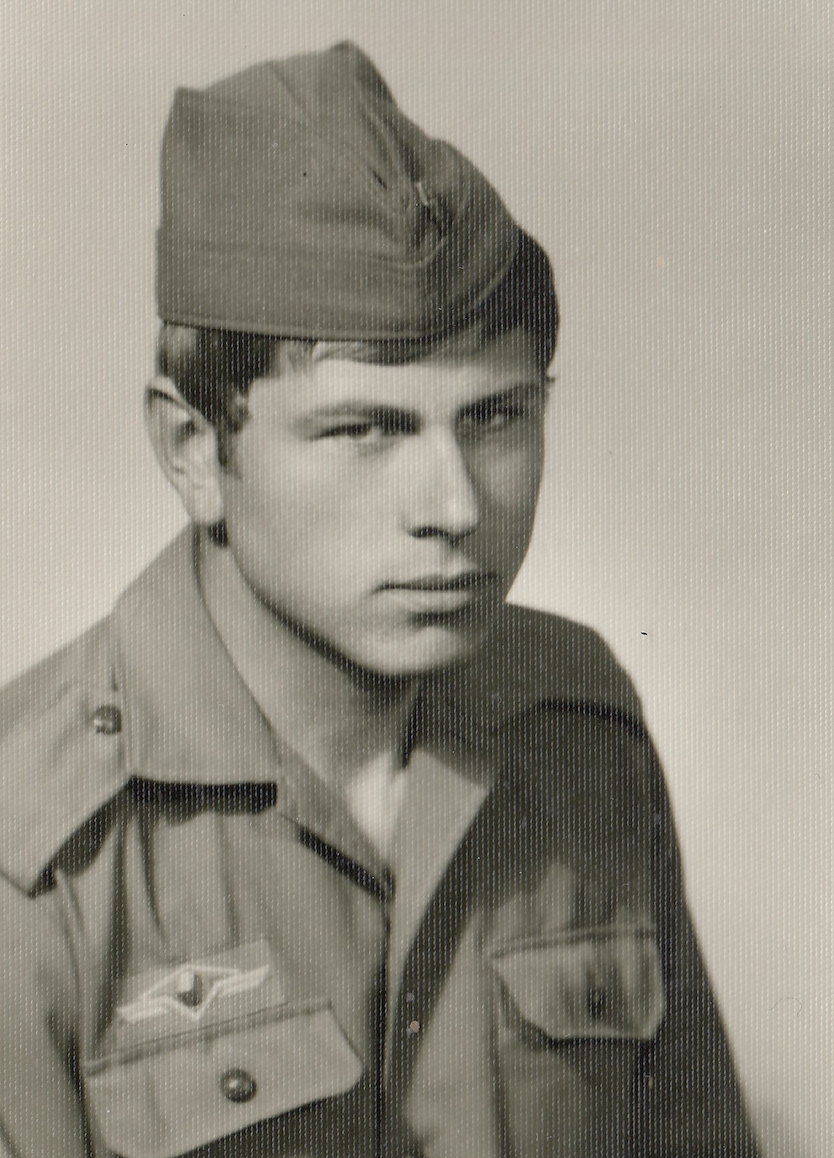Care for the forest as if it were your own

Stáhnout obrázek
Pavel Jaroslav Veverka was born in the village of Sedlec near Temelín on 12 April 1952. His father Jan, a decorator, brought his son up to love the woods from an early age, and this became his purpose in life later on. Mother Jiřina worked as a sales assistant. Grandfather Václav Veverka (born 1878) fought in the First World War and was captured in Russia in 1914, but he never spoke about his experience. He returned with the legionaries‘ transports after 1920. Pavel Veverka grew up with a love of woods and helped on the farm. Following primary school, he trained as a woodcutter and made his living as a forest worker. He spent his military service in Janovice nad Úhlavou and has no good memories of it. He saw many dangerous situations; the military exercises in Doupov were on the verge of disaster and he faced a threat of ten years in prison for sabotage. There were also alarms when prisoners escaped. In 1980, he earned his high school diploma remotely; by that time he was teaching at a vocational school. In 1986 he was given the research task of deer breeding, which he pursued for the next eleven years. The breeding was only brought to an end by failed privatisation. Subsequently, he worked as a ranger in the Šumava National Park, and has been a voluntary ranger since retirement. He is one of the founders of timbersport in the Czech Republic and has achieved great success. He lived in Vimperk in 2023.















